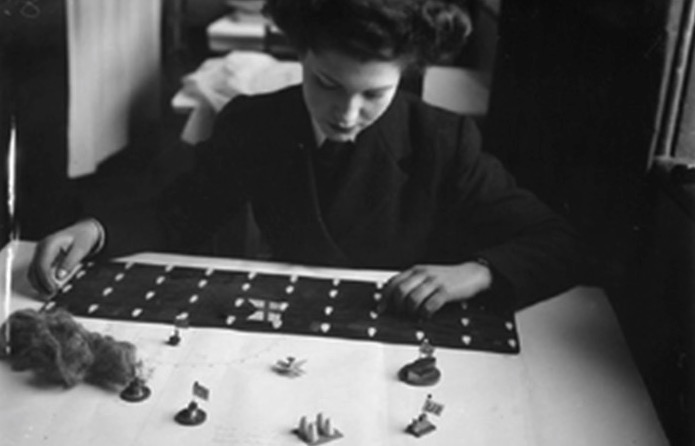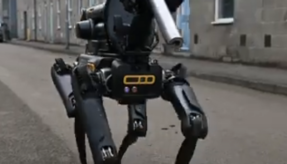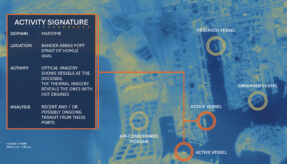
Staff at Defence Science and Technology Laboratory (Dstl) have recreated the work of a World War Two unit which was set up to help stop U-boat attacks on Allied ships.
The Western Approaches Tactical Unit (WATU) was formed of officers and rating from the Women’s Royal Naval Service, or Wrens. Despite rudimentary facilities, more than 5,000 officers were trained by the women; operational analysts and war gamers who helped to win the Battle of the Atlantic.
September marks the anniversary of one of the most important achievements of the unit as the Wrens discovered and successfully modeled a response to a new acoustic torpedo. Their work foiled the German’s use of this weapon for the remainder of the war.
Modern-day war-gamers from Dstl teamed up with today’s Royal Navy to recreate the work of the WATU at the Liverpool War Museum.
Some of the families of Wrens who worked in Liverpool attended the event, as did Navy officers from HMS Collingwood.
Alison Davis, from the software and model support team at Dstl, who is leading the project said: “We still use war gaming, just like the Wrens of the WATU, albeit in a modern form. Partnership with the Royal Navy and other front line commands allows us to look at a huge variety of scenarios and how we might respond.
“The women of the WATU had a difficult job, bringing together doctrine and intelligence on what was basically the floor, but their efforts helped those fighting on the high seas hundreds of miles away.”
If you would like to join our community and read more articles like this then please click here.
Defence Science and Technology Laboratory Dstl WATU Western Approaches Tactical Unit Women’s Royal Naval Service Wrens







